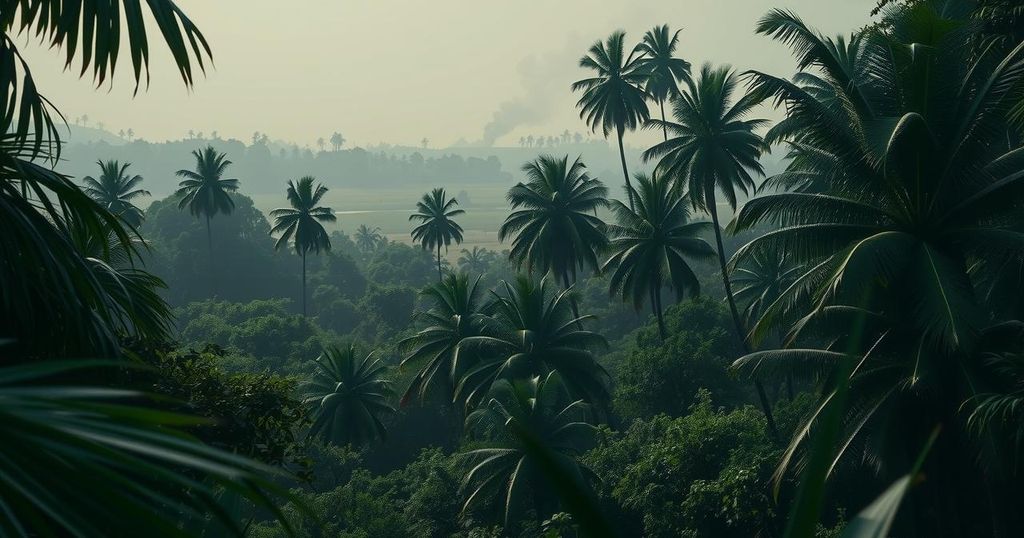M23 Rebels Capture Goma: Analyzing the Eastern Congo Conflict
M23 rebels, with Rwandan support, seized Goma on January 27, escalating tensions in Eastern Congo. They demanded Congolese troops surrender weapons to the UN. The U.S. and France acknowledged the loss of Goma, while Congo accused Rwanda of a war declaration.
On January 27, the M23 rebel group, allegedly supported by Rwanda, took control of Goma, a key city in eastern Congo, marking a noteworthy intensification in ongoing hostilities. The M23, which had a prior brief occupation of Goma in 2012, has reactivated after several years of dormancy. In light of their capture, the group proclaimed Goma’s ‘liberation’ and urged Congolese forces to surrender their arms to the United Nations. Both the United States and France accepted the significance of this event, while the Congolese government has accused Rwanda of engaging in hostile actions, labeling it a ‘declaration of war.’
The conflict in Eastern Congo has been fueled by a combination of historical grievances and external influences, particularly the involvement of neighboring Rwanda. The M23 group consists largely of former combatants from other conflicts in the region and has frequently been implicated in human rights violations. Territorial control in the DRC remains contested due to the presence of various armed groups, exacerbating the local and national security situation.
The capture of Goma by the M23 rebels, backed by Rwanda, represents a critical development in the Eastern Congo conflict. The response from the Congolese government, alongside international reactions, indicates the volatile nature of the region and the potential implications for peace and stability. The accusation of Rwanda’s involvement underscores the complexity and transnational aspects of the conflict.
Original Source: m.economictimes.com




Post Comment